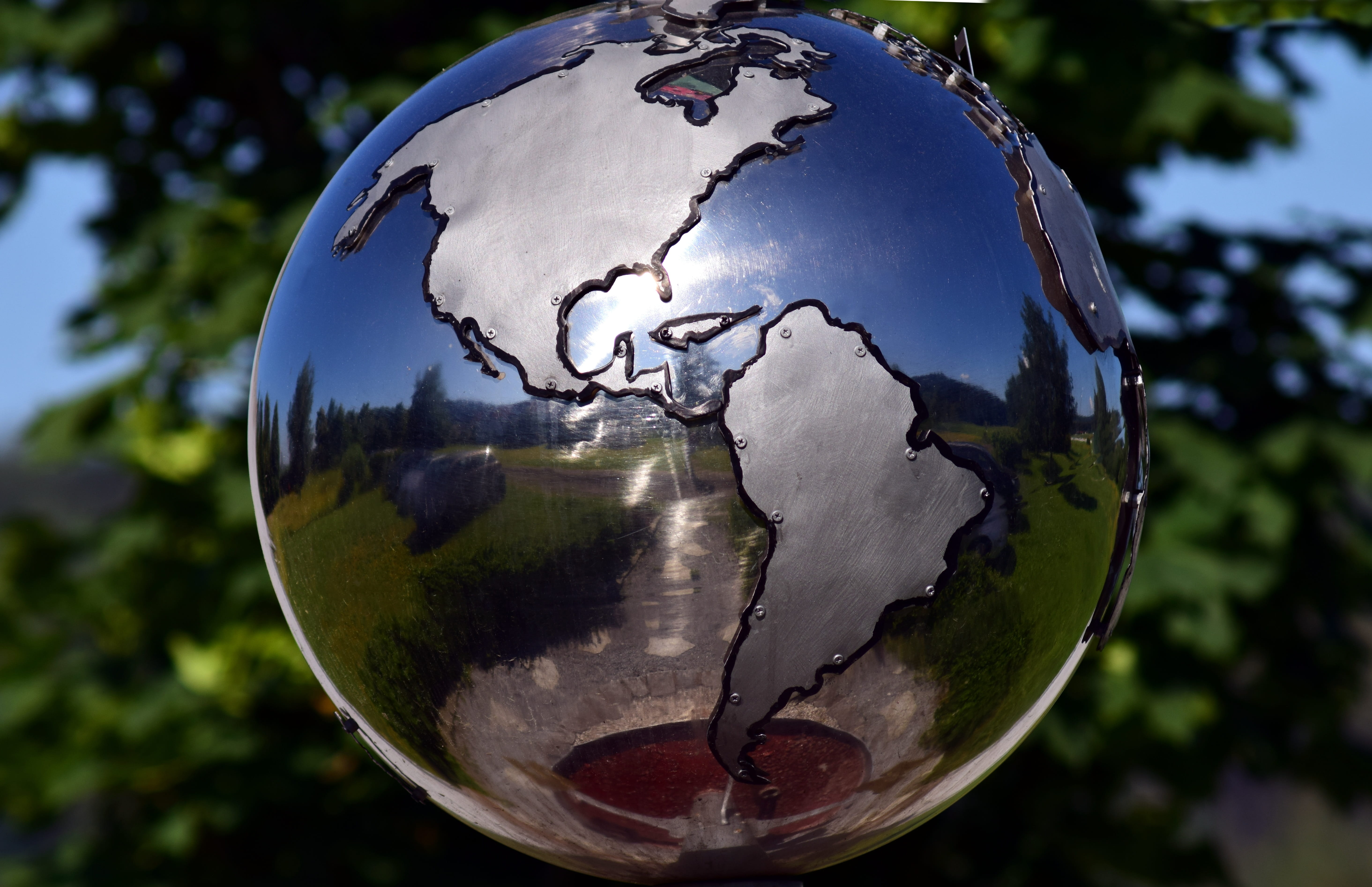【Report】The twelfth session of the Global Studies Seminar series “Challenges in Global Studies” “Establishing a Base for Research and Education in Global Studies: A Politico-Sociological Practice”

Speaker: WADA Takeshi (Professor at the Department of Area Studies, Graduate School of Arts and Sciences, the University of Tokyo)
Moderator: KOKUBUN Koichiro (Department of Interdisciplinary Cultural Studies, the Graduate School of Arts and Sciences)
Discussant: TANABE Akio(Department of Interdisciplinary Cultural Studies, the Graduate School of Arts and Sciences)
DATE Kiyonobu(Department of Area Studies, the Graduate School of Arts and Sciences)
To learn more about the Global Studies Seminar series “Challenges in Global Studies,” click here.
【Report】
The twelfth session of the Global Studies Seminar series “Challenges in Global Studies” took place on Tuesday, April 27th, 2021. Professor Takeshi Wada (Professor at the Department of Area Studies, Graduate School of Arts and Sciences, the University of Tokyo) gave a lecture titled “Establishing a Base for Research and Education in Global Studies: A Politico-Sociological Practice.”
Wada, who has been actively involved in the founding of the Global Studies Initiative (GSI), described the significance of establishing a base for research and education in Global Studies, alongside introducing his own research activities.
Komaba campus is uniquely characterized by its primary function to provide liberal arts education to first and second year students at the University of Tokyo, and is also known as a research institution with a strong record in interdisciplinary studies, ranging from the humanities to the social sciences. Building on this, the plan to establish a Global Studies hub at Komaba embraced from its conceptual stage a vision to further reinforce the campus’s research capacity together with its strength in education, and also aimed at creating an inclusive base in which all disciplinary fields could participate.
Particular strength of the program has been attributed to bringing into dialogue two dominant perspectives cultivated through the research activities at Komaba, namely, the “broader, global point of view” and the “local perspective rooted in the understanding of the language, culture, and history of different regions of the world.” Wada argued that a dialogue between the two perspectives would help generate a diverse and high-quality research in Global Studies, highlighting Komaba’s new research potential.
Wada explained that his own research has developed through a dialogue between the “broader, global point of view” and the “local perspective.” Through his encounter with Yasushi Ishii as an undergraduate student at the University of Tokyo and his interactions with political scientist, Charles Tilly as a Ph.D. student at Columbia University, Wada’s research vacillated between the global and local levels of analysis, eventually converging on the topic of relational event analysis of protest movements in Mexico.
While ultimately dealing with protest movements in Mexico from a “local perspective,” Wada stressed, he came to recognize the need to capture the dynamics of the movements from a “broader, global point of view,” paying attention to the global level, or at least to examine the significance of these movements in a broader Latin American regional context. A global level analysis, however, often entails dismissing local elements such as the individual nation’s domestic culture and history. How can we understand the protest movements from a “broader, global point of view” while also holding onto the “local perspective”? Wada concluded that this was precisely the question he was currently tackling, engaging in an international collaborative project while also working with his colleague linguist, Yoshifumi Kawasaki.
In response to Wada’s lecture, one of the discussants, Akio Tanabe asked how we may understand the relationship between globalization and democratization, and whether we can in fact equate the local voice with the discourse circulating in newspapers. The other discussant, Kiyonobu Date, commented on the diversification of social movements as seen in the recent movements led by right-leaning groups. In the intense discussion that followed, questions were also raised from the floor, including one concerning the chain reaction of protest movements taking place in different countries.
【SAITO Kensuke (Graduate Student at the Graduate School of Arts and Sciences)】
【translated by ELLIS Naomi (Ph.D. Student at the University of California, Los Angeles)】
